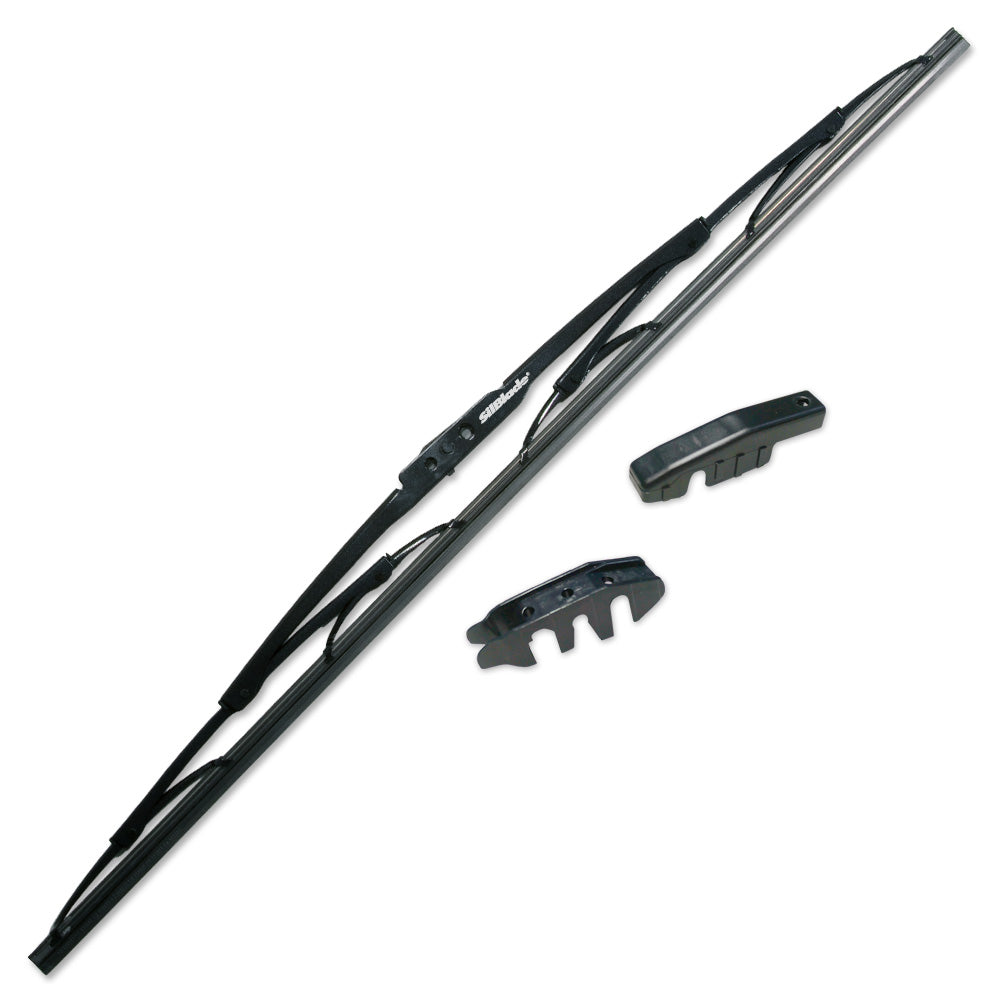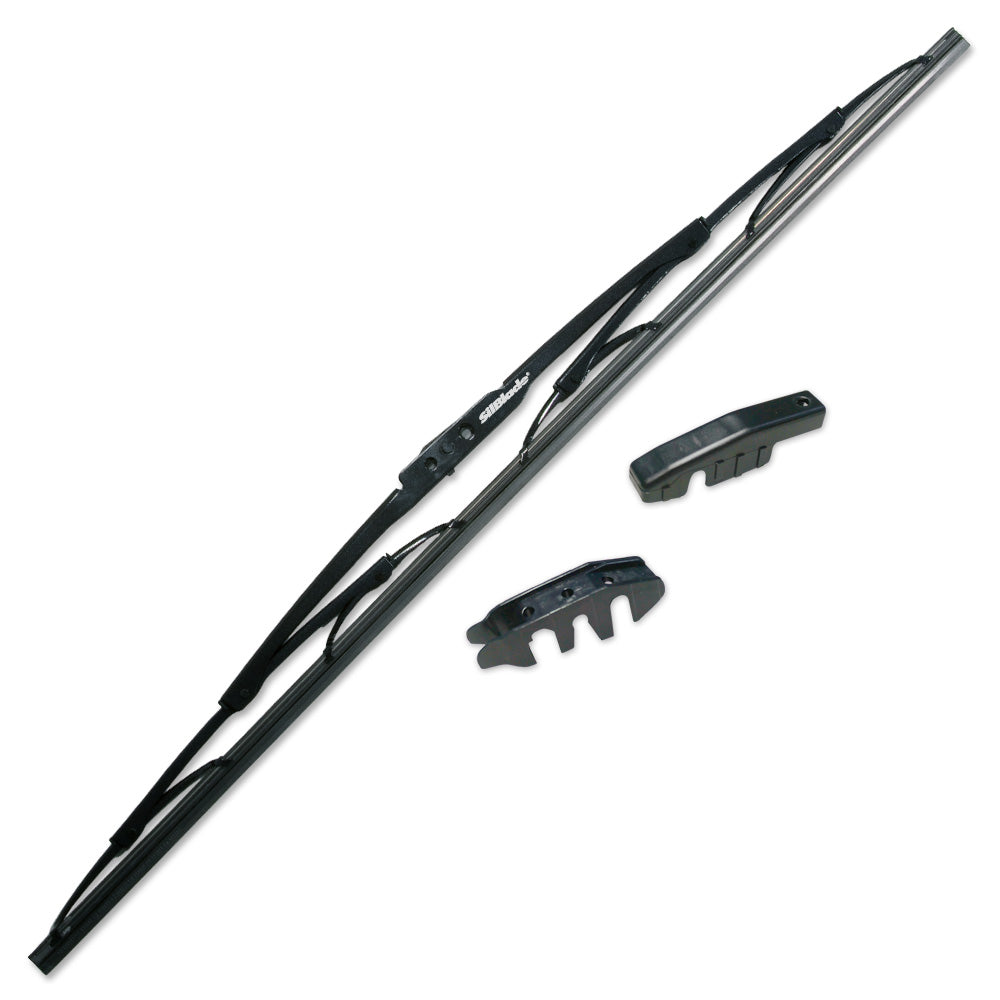
Why Are My Wiper Blades Noisy?
Wiper blades are an important yet often overlooked component of our vehicles. We rely on them for clear visibility during adverse weather conditions, but what happens when they start making unpleasant noises? In this article, we'll explore the reasons behind noisy wiper blades, the impact on driving safety, and practical solutions to address this common issue.
Introduction
We all have experienced it at some point – the irritating sound of wiper blades making squeaky or juddering noises. It not only affects our peace of mind but can also compromise our safety on the road. In this comprehensive guide, we'll delve into the various factors causing noisy wiper blades and provide practical tips on how to deal with this issue effectively.
Understanding Wiper Blade Noise
Types of Noises
Wiper blades can produce different types of noises, with squeaky sounds and juddering being the most common. Understanding these sounds is crucial in identifying the root cause and finding the appropriate solution.
Causes of Noisy Wiper Blades

Age-Related Wear and Tear
Regular wear and tear can turn once-efficient wiper blades into noisy troublemakers. Over time, wiper blades can wear out, leading to reduced flexibility and increased noise during operation.
Dirty Wiper Blades
Dirt and debris accumulation on wiper blades can also contribute to poor cleaning of the windshield and noise. Vehicles parked outside are very susceptible to dirt and debris accumulation. Sap from trees, leaves and small limbs can all impact wiper blade performance.
Incorrect Blade Size
Choosing the right size for your vehicle's wiper blades is more critical than you might think. We'll explore how using the wrong size can lead to noise issues and how selecting the correct size can make a significant difference.
Weather Impact on Wiper Blades
Extreme Temperatures
Extreme temperatures can take a toll on the rubber components of wiper blades. During cold or hot weather, the wiper blade squeegee can stick to the windshield This can result in a tear or cracking to squeegee the next time the blades are in operation.
Rain and Humidity
While wiper blades are designed to handle rain, they can still produce noise in wet conditions. As wiper blades wear out, they can leave unwiped areas across the windshield. When this happens, you may have difficulty in seeing and chatter can occur.
DIY Solutions for Noisy Wiper Blades
Applying a Silicone Lubricant
Applying a silicone-based lubricant to the wiper blades can reduce friction and noise, promoting quiet and efficient performance.
Checking and Adjusting Wiper Blade Size
Ensuring you have the correct-sized wiper blades for your vehicle is essential. Please note that on some vehicles the driver and passenger side blades may be different in length. Incorrect sizes can lead to noise, ineffective operation, and possible damage to the vehicle.
Cleaning and Maintenance
Regular cleaning and maintenance are key to keeping wiper blades in top condition. It’s good to lift your wiper blades away from the windshield before driving. This simple step can help to eliminate squeegee tearing and extend the life of your wiper blades. To learn more about how to clean and maintain your wiper blades please read SilBlade® step-by-step guide to cleaning wiper blades.
Replacing Worn-out Blades

When cleaning is no longer sufficient, it's time to replace your worn-out blades. Replacing wiper blades on most vehicles is not difficult. This can be done very quickly after purchasing your replacement blades. To ensure you select the correct wiper blades for your vehicle, make sure to know the year, make and model. The SilBlade® installation tips guide will take you through choosing the right replacement for or a hassle-free experience.
Types of Wiper Blades
Having the correct type of wiper blade on your vehicle can also help to ensure good performance and quiet operation. There are three primary types of wiper blades: conventional, hybrid and beam. SilBlade® offers a FlexBlade (Beam), and UniBlade (Hybrid), along with the SilBlade® conventional type. For information on the different types of wiper blades, please visit https://silblade.com/.
Conclusion
In conclusion, addressing noisy wiper blades is not just about restoring peace and quiet during your drive. It's about ensuring your safety on the road and maintaining a clear line of sight in all weather conditions. By understanding the causes of wiper blade noise and implementing practical solutions, you can enjoy a smoother, quieter, and safer driving experience.




